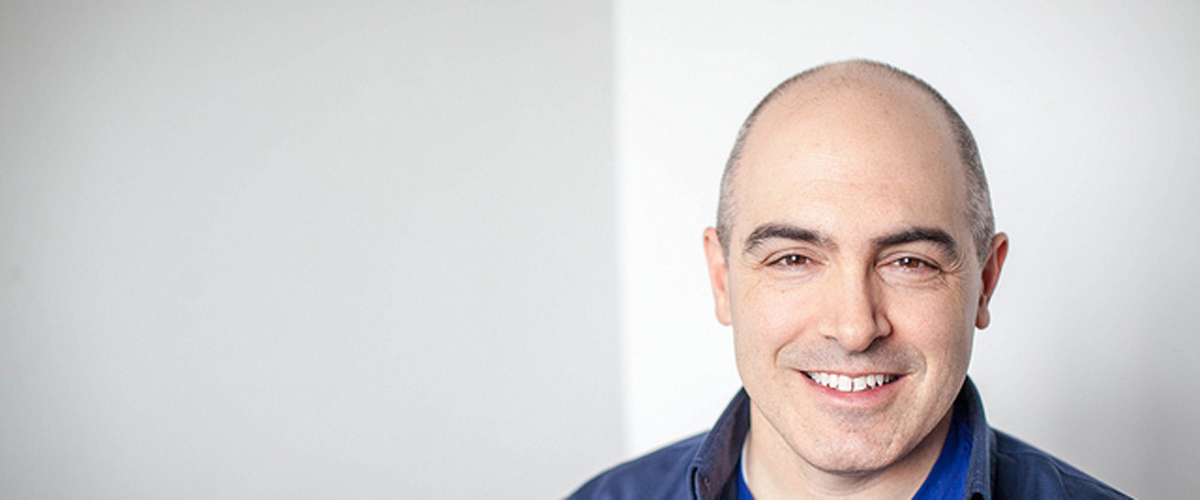Psychology professor David DeSteno researches trust, compassion, dishonesty, and prejudice, and he looks to see how emotions can optimize our actions in favor of the greater good. Further, his research continually shows that human character is highly influenced by forces outside awareness and is much more variable than we tend to think.
So, when Patriots quarterback Tom Brady was reprimanded and suspended for a quarter of the season by the NFL, writer Alisha Karkera figured it made sense to talk to DeSteno about why so many people in Patriots Nation believe Brady is innocent – and trust that he is telling the truth.
February stirred up a lot of controversy surrounding the events of “Deflategate” at the most recent Super Bowl, and many Patriots fans are still up in arms because Tom Brady was served a four game suspension for his “involvement” in deflategate. Where does this unfailing trust come from, on the side of the fervent Patriots fans, and why are they so ready to believe in Tom Brady’s innocence when non-fans are already rallying against him?

photo by Keith Allison via Flickr
First, let me say that I haven’t reviewed all of the evidence, so I’m not taking a side with respect to Brady’s guilt or innocence. That said, however, it’s an established fact that our sense of whether a person’s actions are morally correct doesn’t solely depend on the objective facts. It also depends on our links to the person in question. Our minds, below our conscious awareness, allow us to extend moral leniency to those with whom we feel affiliated, whether that be a friend or member of team. The reason why is that if someone with whom we share an affiliation – even if he’s just part of a team we support – gain a benefit by cheating, we do, too, indirectly. We can gain resources by their ill-gotten gains, even if it’s only an enhanced sense of self-esteem.
Your research deals with not only the factors that allow us to trust other people, but also what factors allow us to be able to trust ourselves – that is, be objective. How does that work?
Let me give you an example. We conduct experiments in our lab where we present people with two options for a task that needs to be done: one is short and fun, the other is long and onerous. We then give them a coin to flip to see which task they’ll complete and tell them that the other task will then be completed by the next person to enter the room. Next, we leave them alone (but actually observe their behavior on hidden video). Even though everyone says not flipping the coin and just reporting that you got “heads” for the short task is wrong, fully 90 percent of people do this when they think no one is watching. If we then ask them how fairly they acted, they rate their behaviors as fair. But if we show them someone else do the same thing, they condemn the person for it. But here’s the most interesting part. If before we show them someone else cheating in this way, we had previously told them that this person was similar to them in some way, they then extend leniency to him. If he’s “on their team,” they don’t condemn his moral actions whereas they surely do if he’s not perceived to be “one of them.”
I was very interested in your research on trust, and specifically the way that we learn to trust each other. What are the factors that allow us to look at another person or a figure in authority and deem them “trustworthy”? Are these intrinsic factors that all human beings share, to some degree, or are there specific behavioral cues or environmental responses that we look for when judging a person’s character, especially after meeting someone for the first time?
Often times we rely on people’s reputations. But, based on the experiment I just noted above (and many like it), reputation isn’t a great guarantee. People will cheat when they think they can get away with it, all the while convincing themselves that they had a good reason. Our work has shown that trustworthiness can be detected, albeit imperfectly, based on peoples’ nonverbal behavior. The trick is to trust your intuitions, as the mind is computationally parsing lots of information about cues and gestures. But you also need to remain vigilant of your own biases. While your gut intuition may provide useful cues to detect the trustworthiness of strangers, it can certainly be biased to serve your own needs as in the cases above, where trust is extended to those we like and with whom we are or want to be affiliated.
Alisha Karkera is a Biology and English major who plans to graduate in 2018.
Football photo by Robert Bejil via Flickr

